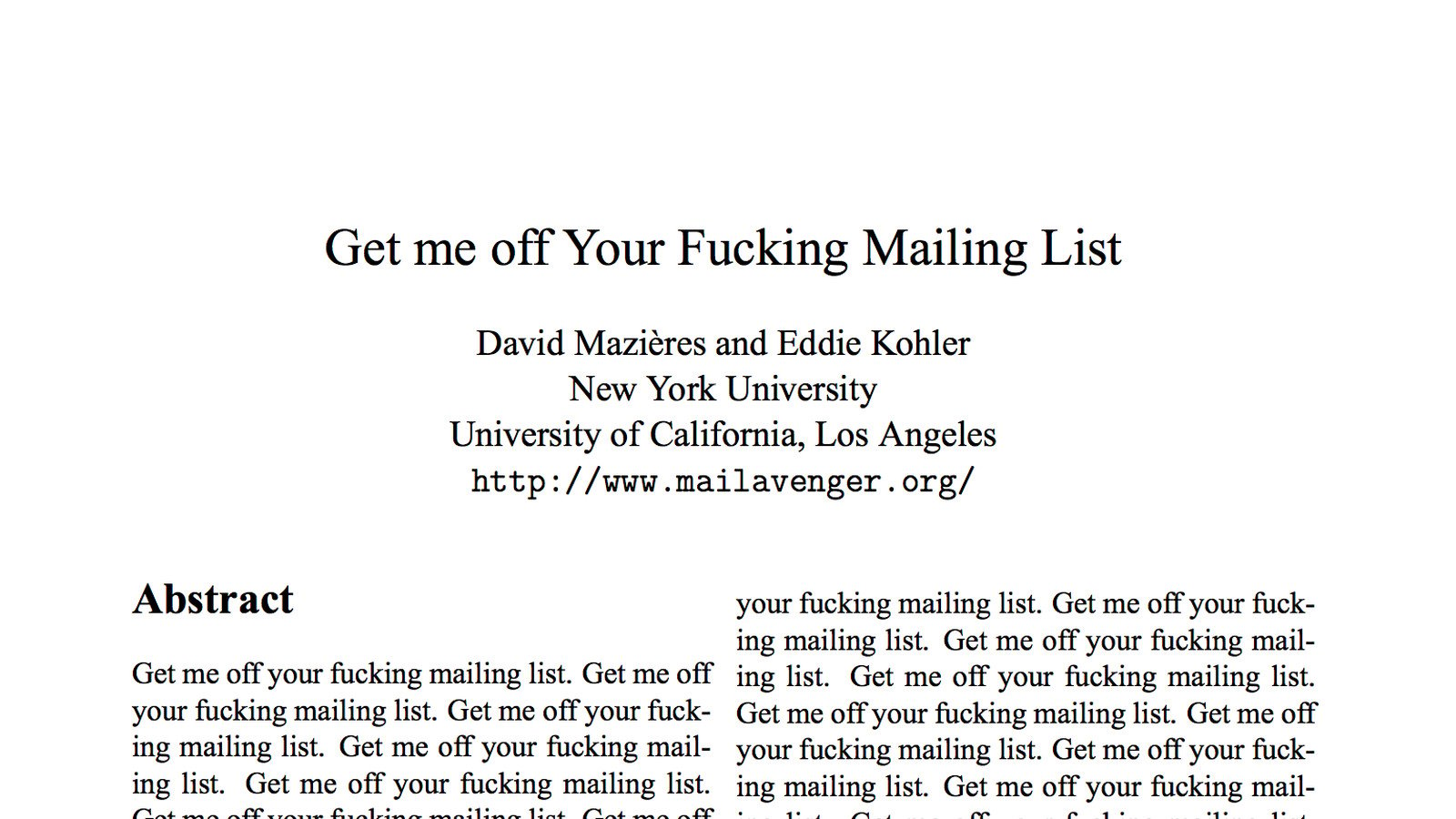glass_ceilings
New Member
- Joined
- Apr 20, 2022
- Messages
- 1
- Reaction score
- 0
Hi MDs! I could really use your help with my research on sexist microaggressions in medical school.
As I'm sure you're all aware, sexism is prominent in the medical community, yet little research has been done at the level of medical students. I noticed subtle acts of sexism during my rotations, and I was curious to see if anyone else had the same experiences.
My survey is super quick, only takes 2-5 minutes to complete, and the results from this have tremendous potential to raise awareness, change policies, and make medical school less of a toxic environment.
If you have a second, I would really appreciate your participation. Here's the link: Medical Student Survey
It's open to any and all medical students! Reply if you have any questions!
As I'm sure you're all aware, sexism is prominent in the medical community, yet little research has been done at the level of medical students. I noticed subtle acts of sexism during my rotations, and I was curious to see if anyone else had the same experiences.
My survey is super quick, only takes 2-5 minutes to complete, and the results from this have tremendous potential to raise awareness, change policies, and make medical school less of a toxic environment.
If you have a second, I would really appreciate your participation. Here's the link: Medical Student Survey
It's open to any and all medical students! Reply if you have any questions!


